Alumni Portal
It’s Time!
Latino Migration Project alumni are blazing trails in their chosen career paths…and they’ve got our attention. That’s why we’ve renamed this “Alumni Portal” to reflect what our accomplished, diverse, and motivated students really are: professionals.
Through leadership development, experiential learning, and engaged service, LMP Professionals have had an incredible impact through our programs, and continue to make their mark in their careers.
Network with your professional peers, find your dream job, share your experiences, and consider giving back to the next generation of leaders. Meet featured Mexico Connections and LTAM Major* alumni now.
* About the LTAM Major
The BA in Latin American studies, offered by the Curriculum in Latin American Studies in the College of Arts and Sciences, is designed to foster intellectual engagement with a region of extraordinary diversity and rich cultural complexity, within an interdisciplinary but integrated framework.
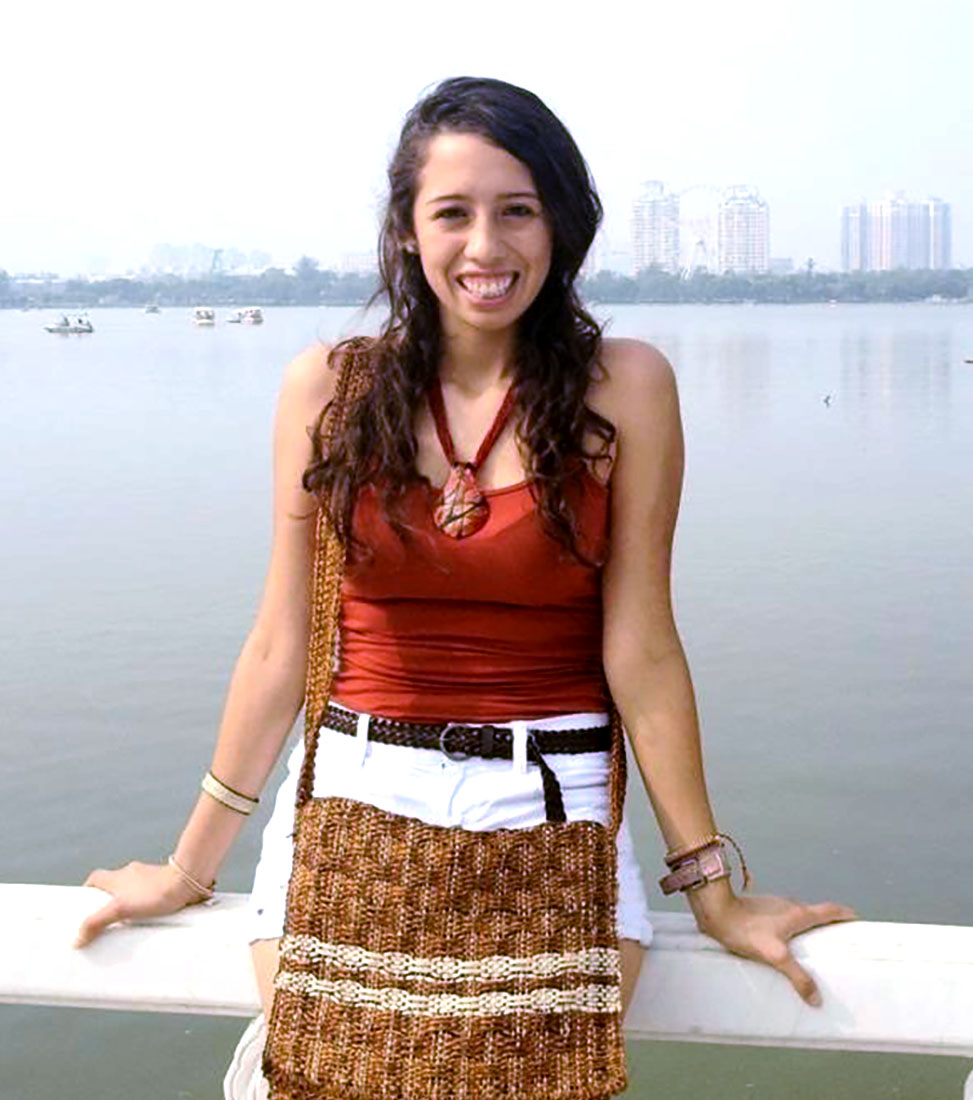
Michelle Carreño
Taking the Road Less Traveled Through leadership development, experiential learning, and engaged service, Guanajuato alumni have had an incredible impact through our programs, and continue to make their mark in…
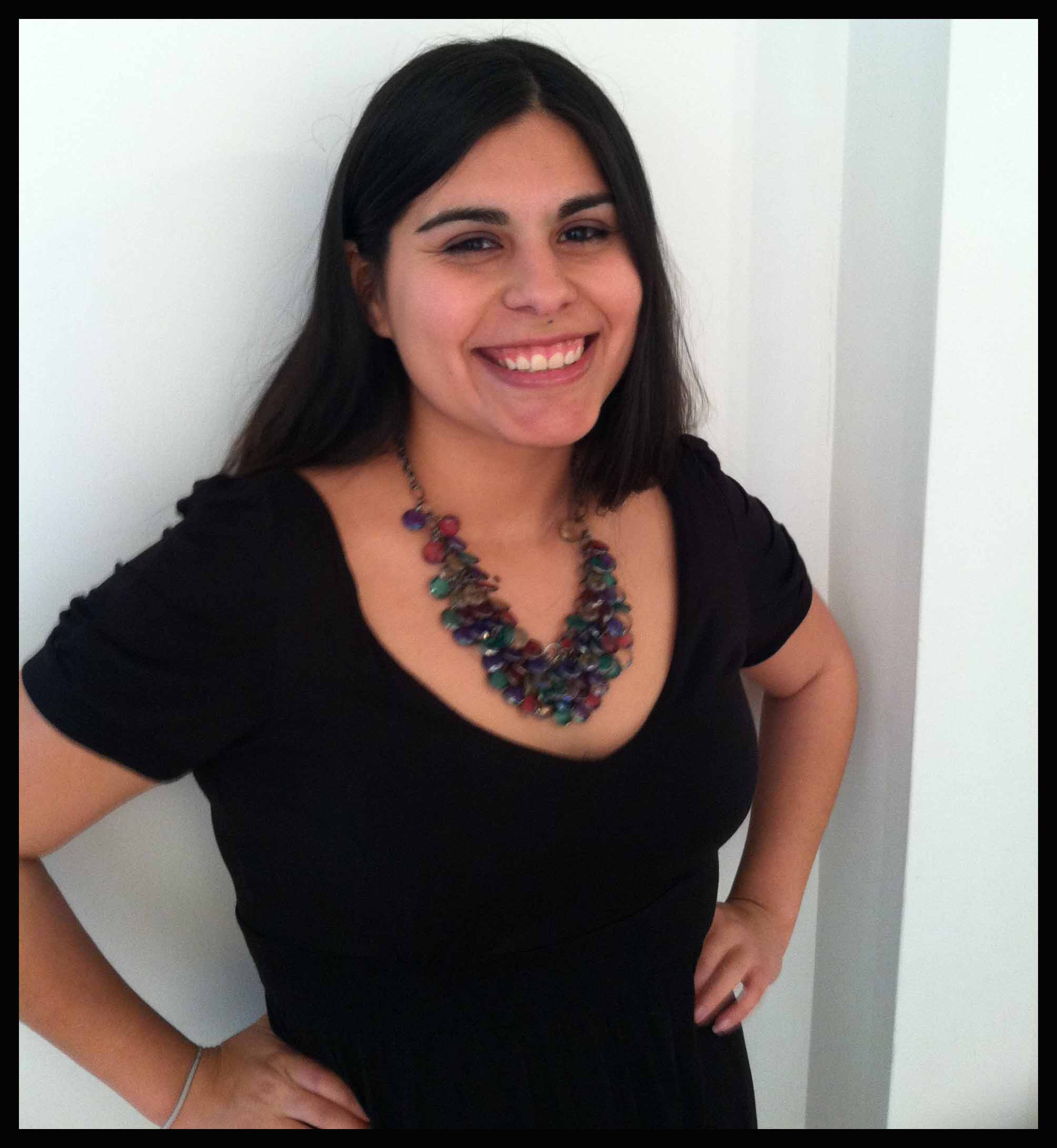
Felicia Arriaga
Meet Alumni Leadership Committee Member, Felicia Arriaga For me, the project is a valuable resource where the stories of immigrants and those working with immigrants can be easily accessed.” The…
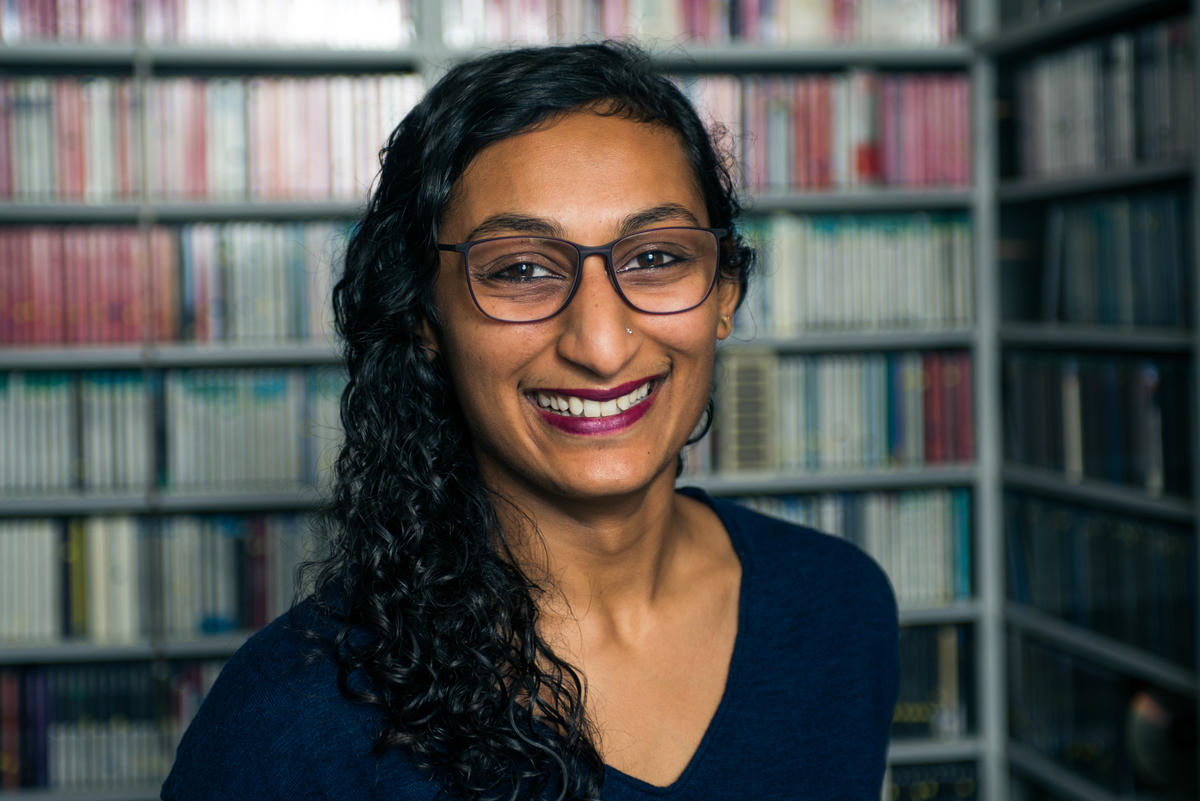
Hetali Lodaya
Meet Guanajuato alumna Hetali Lodaya “My favorite memory is chatting with the daughters of a host family whose father had worked in the United States for years to save up…
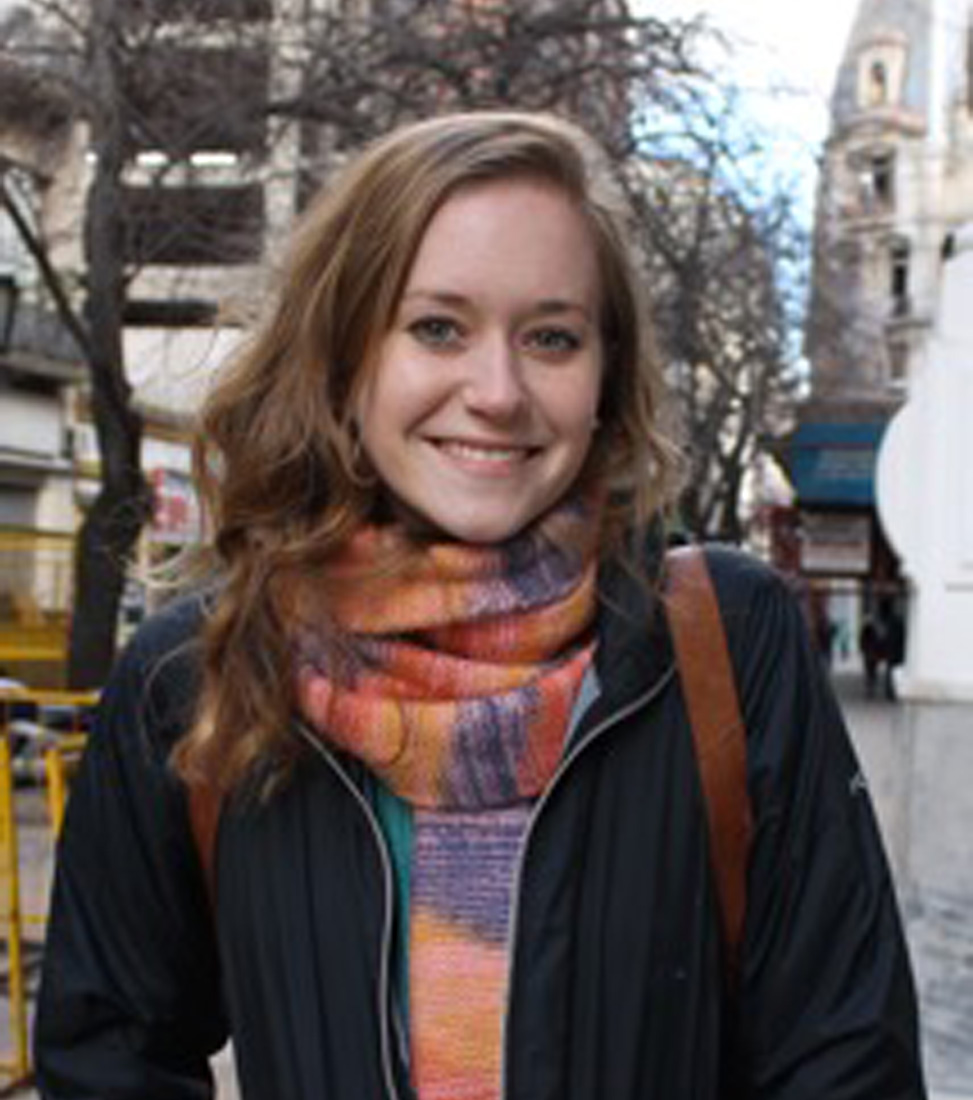
Katie Gutt
Meet Alumni Committee Member, Katie Gutt “My favorite memory is sitting at the kitchen table in our host home in Trancas and listening to our host father tell us stories…
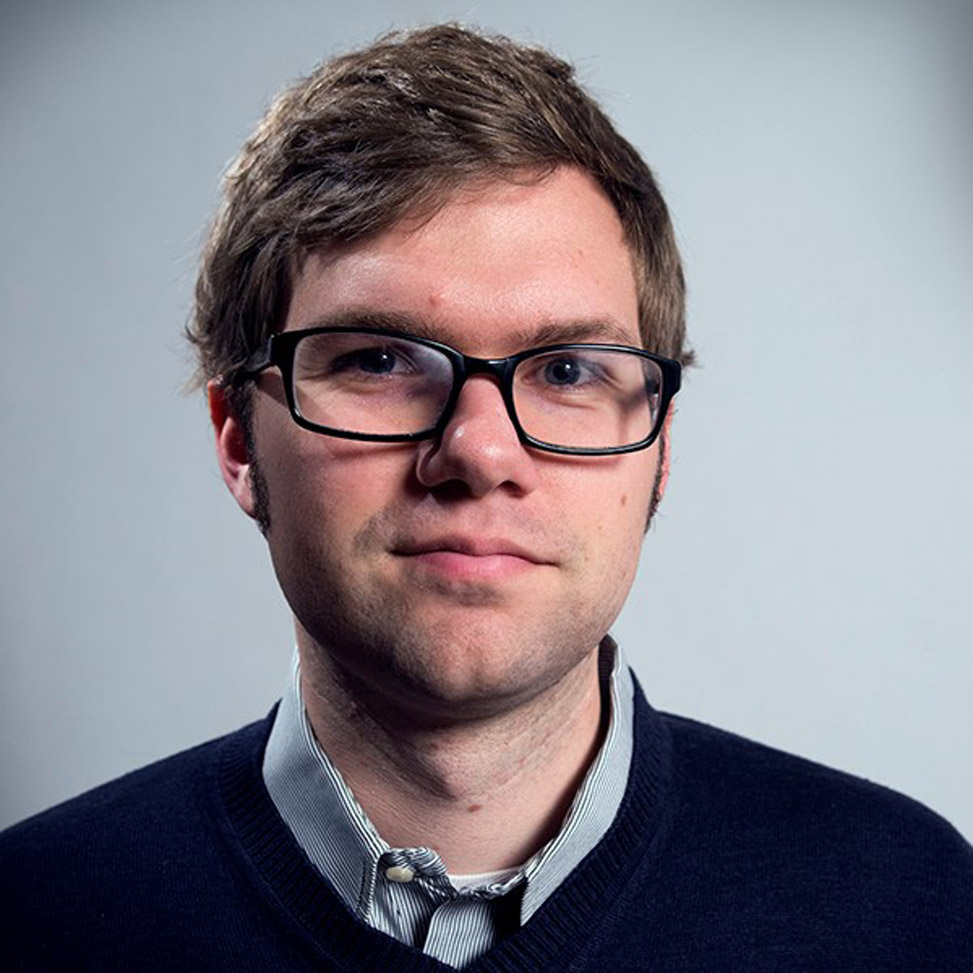
Shaw Drake
A LTAM major finds his path as immigration human rights advocate The Latin American Studies Undergraduate major, LTAM, provides students with the opportunity to master multiple methodological skills and acquire…
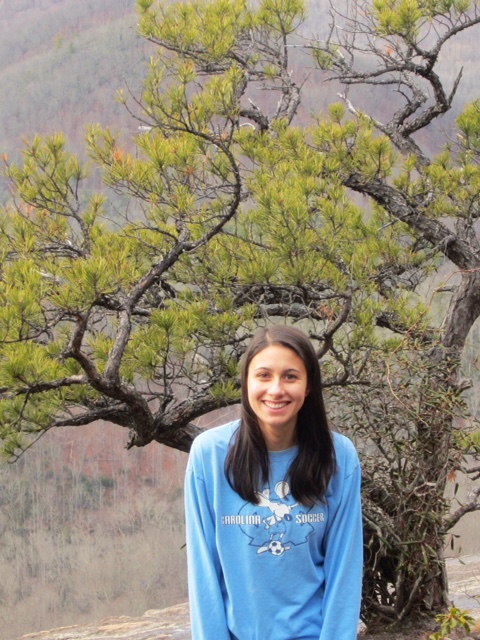
Alex Dest
Meet Alumni Leadership Committee Member, Alex Dest “I think what sets the LMP apart is that it works with both local communities and those abroad to facilitate dialogue around Latinos’…
